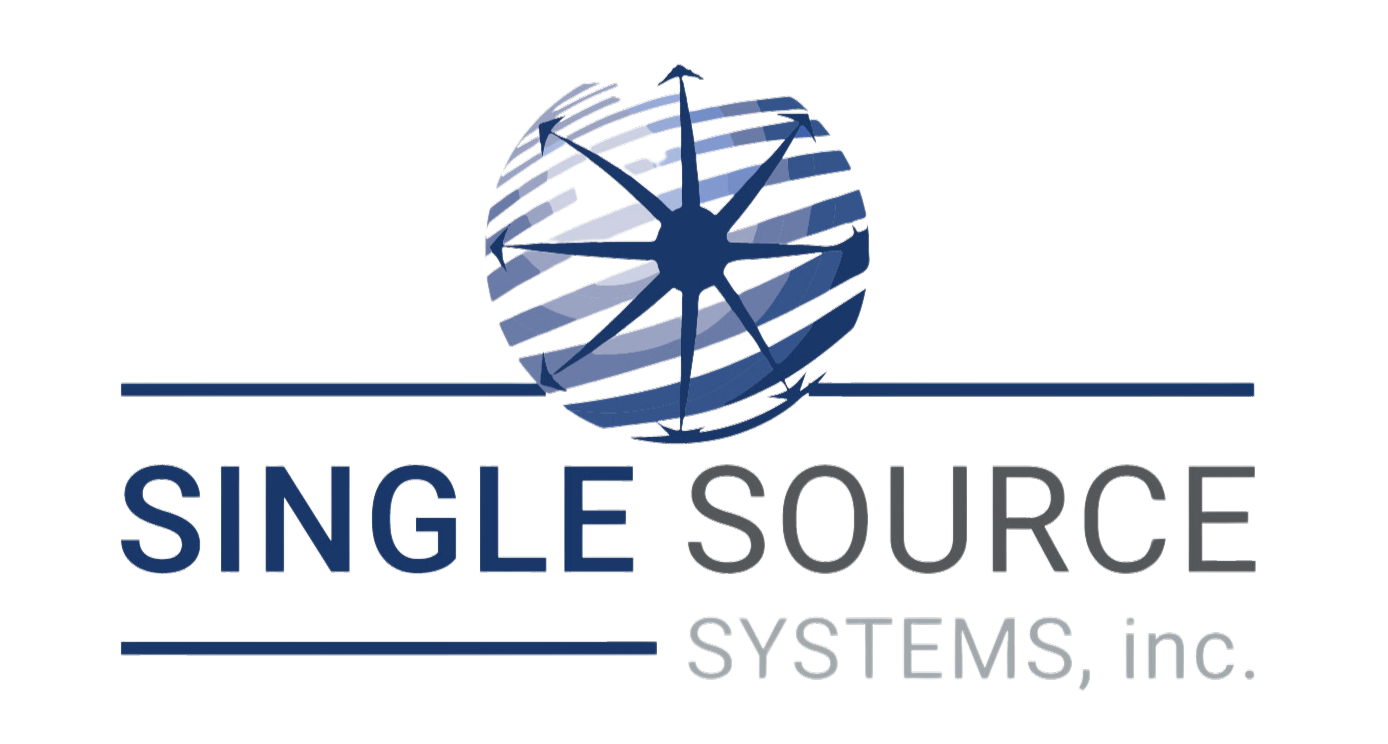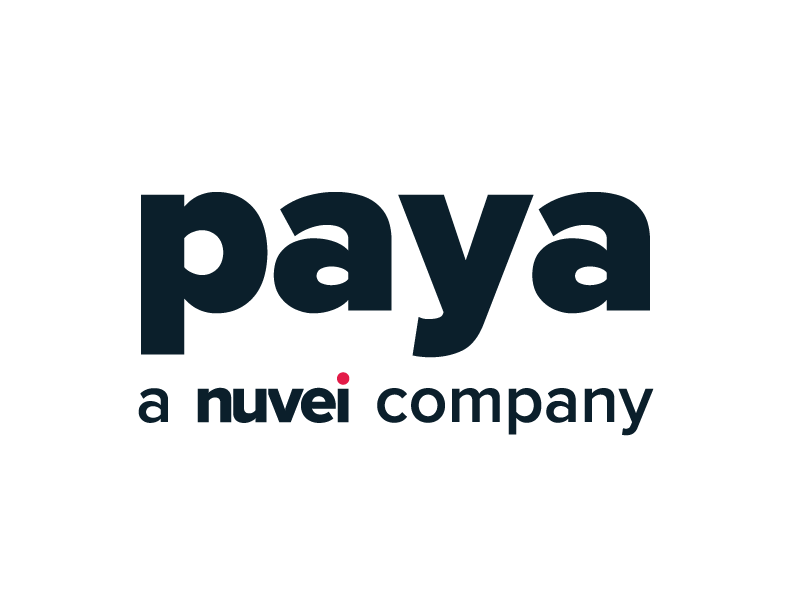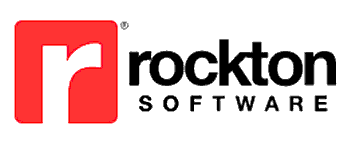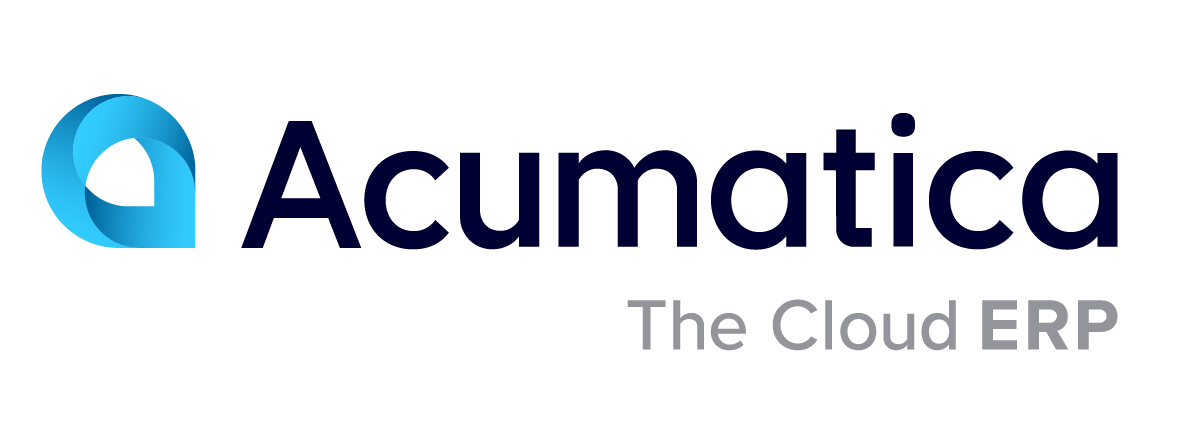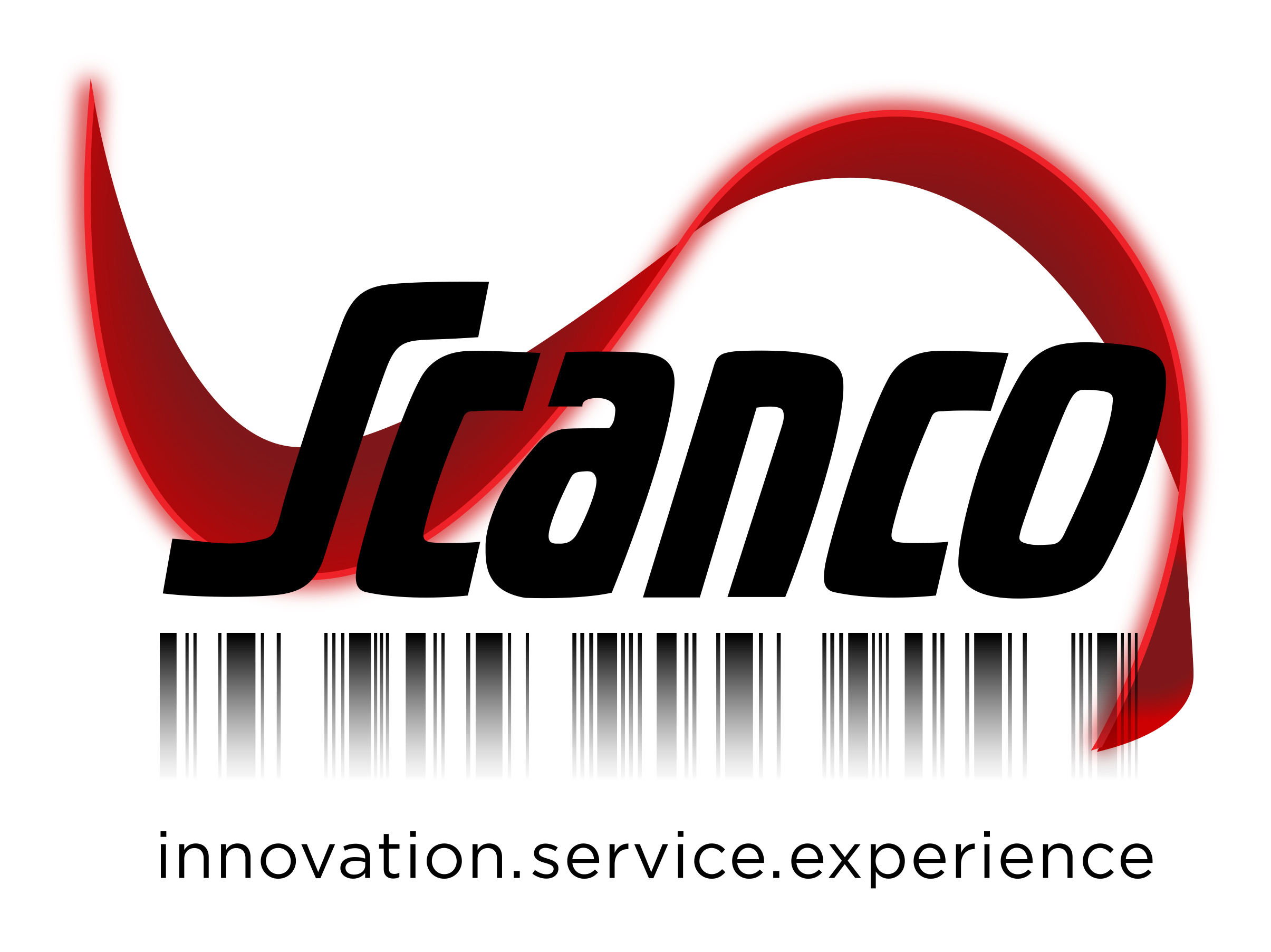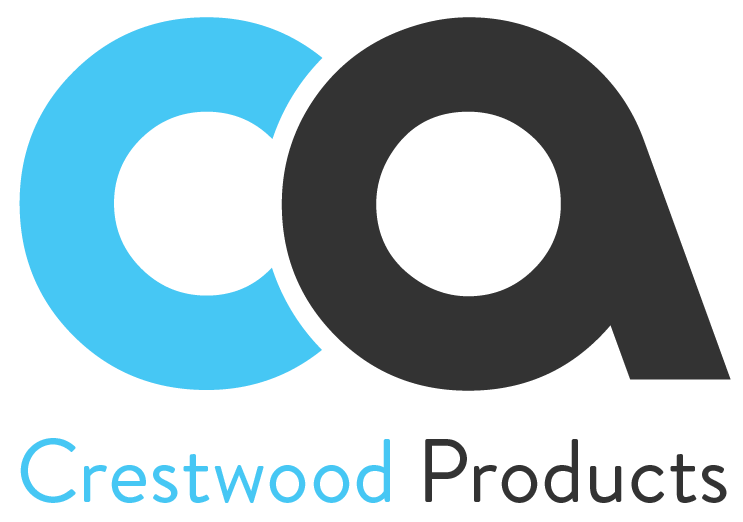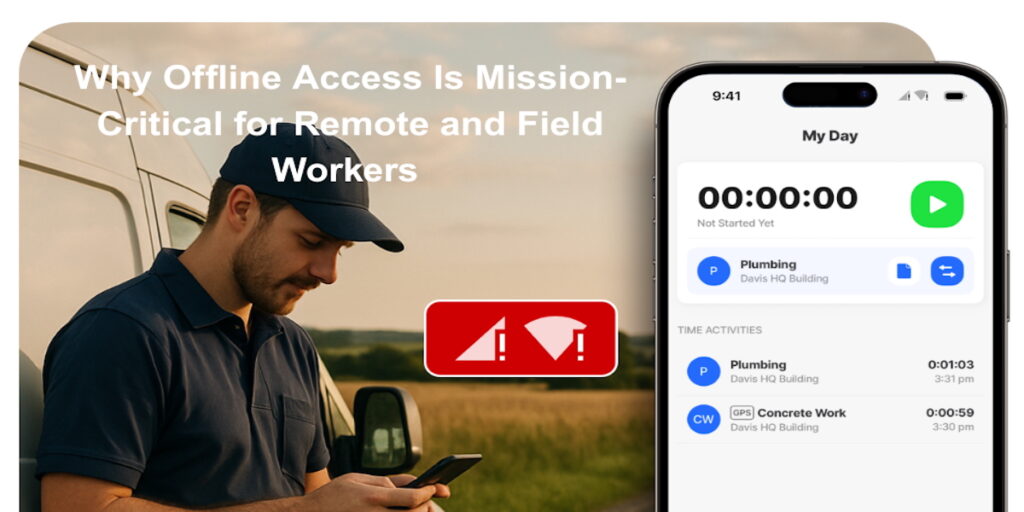B2B ecommerce is on the rise and isn’t likely to slow down anytime soon.
In 2022, total B2B sales in the U.S. grew by 14.5% year-on-year, reaching $14.86 trillion. During the same period, sales through B2B ecommerce websites and apps grew 19% year-on-year to reach $1.95 trillion and over 13% of all B2B sales.
Customer preferences are driving the growth. Almost three-quarters of B2B customers now expect their desired products to be available online.
In response, B2B businesses are increasingly becoming digital, with 65% of companies offering ecommerce solutions in 2022.
When you’re selling to other businesses like wholesalers, distributors, and manufacturers, there’s a higher level of functionality expected from your ecommerce platform.
B2B customers seek more exclusive shopping experiences than traditional retail customers. For example, they often look for features such as customized catalogs with pre-negotiated prices, bulk order discounts, agreed-upon payment schedules, and electronic payment management.
Ecommerce platforms designed for B2C companies rarely offer all the features that B2B ecommerce needs.
Let’s explore some of the must-have B2B ecommerce features you need to excel in the market and compare B2C ecommerce platform functions vs. B2B platform functions to show how features like native integration make B2B ecommerce easier.
B2B Ecommerce Features
- Controlled Access
- Customer Impersonation Tools
- Tailored Pricing and Product Catalogs
- Selectively Accessible Catalogs
- Excel-Based Quick Order Entry
- Bulk Order Discounts
- Real-Time Inventory Updates
- Online Account Statements and Payment Automation
- Personalized Payment Options
- Mobile-Optimized Platform Serving B2B and B2C Buyers
Controlled Access
Restricting internal access and managing permissions for sensitive customer and financial data and proprietary information is an essential feature for B2B sellers. Unauthorized access can lead to data breaches, damaging your company’s reputation and resulting in financial or legal consequences.
When opting for an ecommerce solution provider, check that it allows you to limit access internally so that only authorized individuals within your company have access to the most sensitive data.
Your ecommerce solution provider should provide tools to ensure regulatory compliance with laws or guidelines like the California Consumer Privacy Act (CCPA) and General Data Protection Regulation (GDPR).
Customer Impersonation Tools
Customer impersonation tools help your customer support representatives to access a customer’s page and see the website exactly how the buyer sees it. The representative can view buyer profiles, order history, and buying patterns.
This helps them to guide the customer more accurately through the buying process. And quick troubleshooting minimizes the chances of negative reviews and enhances customer experience.
Tailored Pricing and Product Catalogs
B2B companies often work with high-value clients like wholesalers, distributors, manufacturers, and corporate accounts.
B2B ecommerce platforms must offer superior user experiences to keep these clients happy and ensure repeat orders. Tailored pricing and product catalogs are essential for any B2B online store.
In B2B transactions, contracts usually determine shipping, pricing, and payment terms. This means the product catalogs, including SKUs, should be customizable for each client.
You must provide a personalized pricing list to each customer based on their contract or factors like their past purchase history and discount minimum order quantities.
It’s a vital B2B ecommerce feature that your platform allows for providing the most favorable pricing options to their valuable buyers through segmented pricing. This helps build a loyal customer base, incentivizes high-value purchases and reorders, and boosts the bottom line.
Selectively Accessible Catalogs
Working with the ability to provide tailored pricing and catalogs, access to those catalogs needs to be managed. To make your B2B ecommerce website secure and selectively accessible, you need to offer different catalogs to specific groups of clients.
Secure catalogs ensure clients see only their pricing and term structures. These catalogs need to include flexible pricing structures that stay current with ERP integrations.
Excel-Based Quick Order Entry
One often overlooked B2B ecommerce feature is allowing customers to complete the buying process by uploading Excel files rather than by going through your catalog each time. Providing buyers with the option of uploading orders electronically through spreadsheets saves time for your customer, minimizes mistakes, and makes placing bulk purchases and repeat orders much easier.
Since reordering is common in B2B, these functionalities enrich your user experience.
Bulk Order Discounts
To better meet customer needs, offer bulk order forms and discounts on bulk orders. Discounts for placing large orders helps your customer and increases your sales.
Bulk order forms simplify the ordering process by letting buyers add products by entering the Part Number or SKU and specifying the quantities of each item. After completing the bulk ordering form, users should be directed to the checkout page.
Real-Time Inventory Updates
Real-time inventory updates will help you display a more accurate availability on the product page, and encourage buyers to place orders confidently on your website without fear of out-of-stock notices.
The accurate inventory data also helps you better strategize your pricing and supply chain plans.
Online Account Statements and Payment Automation
Your B2B customers should be able to make payments, view invoices, and check their account status online. To further enhance their experience, you can offer billing and payment automation options.
This will help them better keep track of their payments and finances, save time, and reduce administrative overhead costs.
Personalized Payment Options
It’s common for B2B businesses to extend lines of credit to their customers. That means an essential B2B ecommerce feature is the ability to offer flexible payment options through your B2B ecommerce website.
Your online store must include multiple payment methods such as credit cards, IMPS, RTGS, ACH/EFT, and NEFT.
Your checkout process will need more functionality than a B2C platform provides natively. Third-party shopping cart plugins often require additional third-party plugins and vendors to approximate the power of a natively integrated B2B system.
Options such as guest checkouts, self-service checkouts, easy reordering, and flexible payment methods will drive up your business and reduce the chances of abandoned carts which is a considerable loss for high-value orders.
Mobile-Optimized Platform Serving B2B and D2C Buyers
If you serve B2B and D2C buyers, having a consolidated store can reduce the overall costs of your operations and make the buying experience efficient for your customers.
Remember that a mobile-optimized website is necessary as most customers will browse on their mobile phones. Search engines also tend to prefer websites that are mobile-optimized.
Do Native B2B Platforms Make a Difference Over B2C Ecommerce Solutions?
You might think the popular B2C ecommerce solutions can do the job well enough with additional integrations and plugins. But do they meet all your needs as efficiently as a native B2B platform?
B2C ecommerce solutions can’t compete against native B2B platforms in critical areas like:
Customization
Native B2B ecommerce platforms offer customizable features designed explicitly for B2B transactions. This includes volume discounts, custom pricing based on customer groups, accommodating payment methods like electronic ACH/EFT, tiered pricing, or customer-specific unique checkout options.
Even with many plugins and extensions, B2B platforms built on a B2C solution might be unable to provide unique shopping experiences to their clients that help nurture long-term business relations.
Scalability
Your B2B platform might work well on a B2C ecommerce solution today. But as your business expands, your requirements will become more complex, calling for additional extensions and fixes. Worse still, you might need to replatform entirely.
B2B ecommerce platforms are designed to handle large order volumes and complex pricing structures, making them more scalable than repurposed B2C platforms.
Integration with ERP software
B2B ecommerce platforms are often integrated with ERP software, which makes data exchange between the two systems easy. The B2C solutions are built on connectors which make the scope of information exchange much more complicated.
Customized Workflows
B2B ecommerce platforms have workflows specifically designed for the purchase approval processes generally used in B2B transactions. Such features aren’t available in typical B2C platforms.
Cost and Time Investment
When you customize a B2C platform for your B2B needs, you’re spending money on something whose many features you might never even use. Add to that the expense of deploying developers to tailor the platform to your needs.
Also, the developers will need additional time to assess your specific need to build a platform for your needs. All of this slows down your business and negatively impacts productivity.
B2B ecommerce platforms are developed for your specific purposes without needing a lot of third party extras, saving you money and time. Native B2B ecommerce features further reduce the cost and time of your sales by automating processes like order management and customer service.
Final Thoughts: Your Guide to the Most Important B2B Ecommerce Features
Now that you know which key features to look for to build a solid B2B ecommerce store, it’s time to take action.
The advanced functionalities needed by B2B platforms aren’t usually available with ecommerce solution providers who cater to B2C ecommerce. Working with B2C solution providers can quickly become complex and expensive as you scale up and add multiple vendors.
With over 20 years of experience in native integrations with ERP systems like Microsoft and SAP, k-ecommerce has the experience to power your ecommerce business. Now offering integrated ecommerce solutions explicitly built for Acumatica Cloud ERP, k-ecommerce is proud to support Acumatica Cloud users.
Our solution comes with all the B2B platform functionalities you require. With our help, you can build an ecommerce site tailored to your unique business needs.
Get in touch for a quote.




